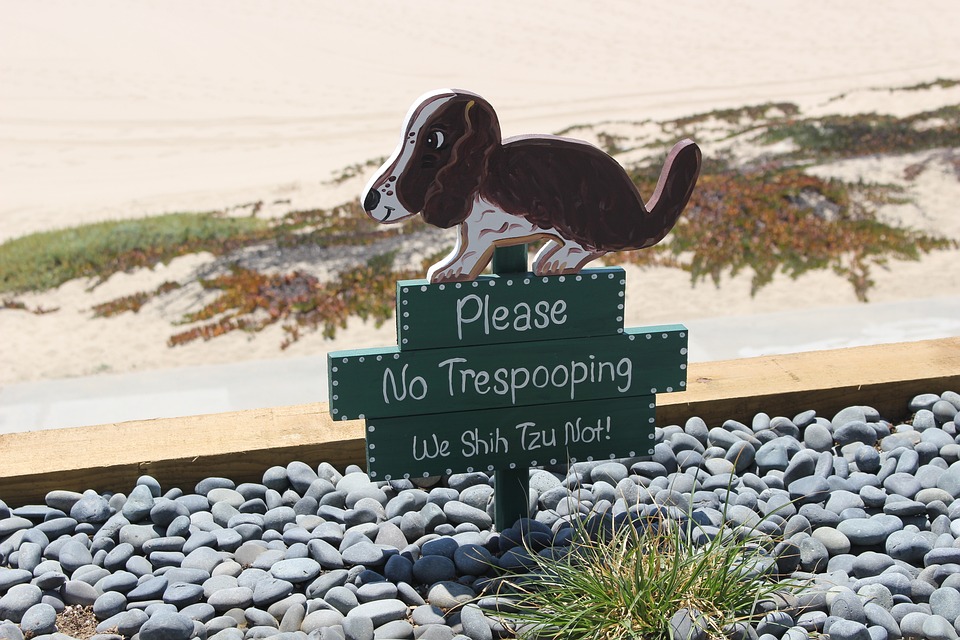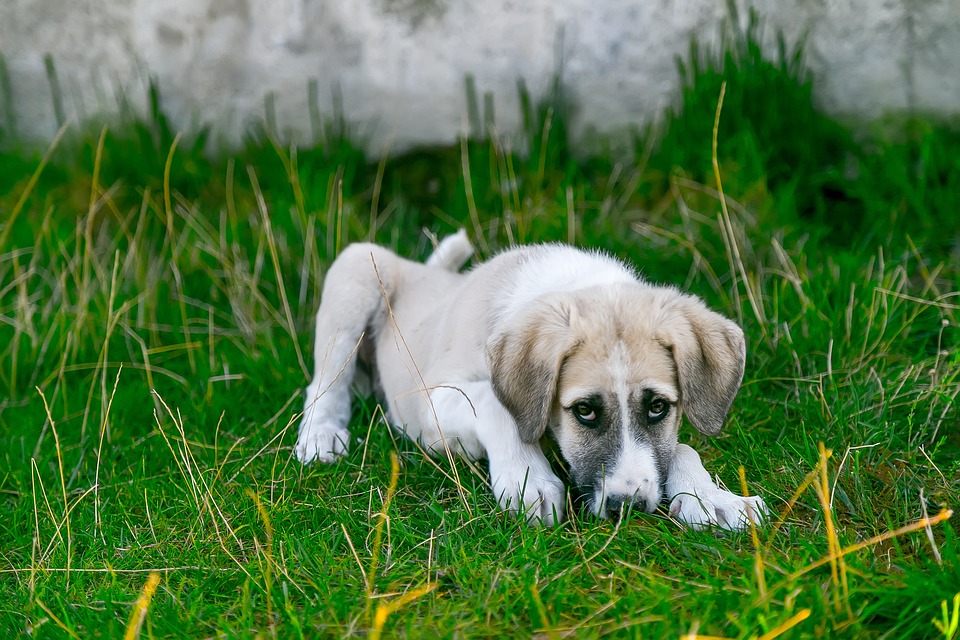Diarrhea is relatively common in dogs. Depending on the individual dog and the cause of their digestive upset, this affliction can vary significantly in frequency, intensity, and duration. In this article, we will discuss what to do if your dog has diarrhea.

Why Do Dogs Get Diarrhea?
Diarrhea is not an illness itself, but a symptom of a disease or issue your dog is experiencing in their digestive system. In addition to diarrhea, your dog may experience vomiting. If your dog has diarrhea but no vomiting, they are dealing with enteritis. If your dog has diarrhea and vomiting symptoms, they are experiencing gastroenteritis. Diarrhea is your dog’s body’s way of flushing toxins, bacteria, and other disease-causing agents from their digestive tracts.
Two Kinds of Dog Diarrhea
Dogs can suffer from either small or large bowel diarrhea. Small bowel diarrhea is usually much more liquid, ranging in color from yellow to black, often only passed 2 to 3 times per day. Large bowel diarrhea is usually more normal in color but may contain streaks of blood or mucous. Large bowel diarrhea also has a less liquid consistency, passes more frequently, and may even be characterized by straining to defecate.

Reasons a Dog Has Diarrhea
Digestive systems do a lot of complicated work. Taking undigested food and turning it into the fuel our dogs’ bodies need involves several intricate processes that must function in unison. Diarrhea can result when there are issues with any of these processes, so there are several possible causes when your dog has diarrhea.
Dietary Indiscretion
Dogs will often eat whatever they can get their paws on. Sometimes, that includes foods we don’t want them to eat. If your dog finds him or herself with a belly full of human food, they will likely have diarrhea.
Change In Diet
Changing your dog’s food brand can cause diarrhea. Try to remain consistent with what brand you feed your dog, and if you are going to switch brands, do so slowly by mixing the old and new brands together over several days.
Allergies
Dogs can have allergies, just like humans. Food allergies in dogs can be severe, often leading to diarrhea that you cannot resolve unless you identify what food ingredients your dog cannot tolerate.
Parasites
Parasites such as Giardia can be ingested in natural water sources and cause diarrhea in dogs.
Poisonous Plants or Other Substances
Plants found in our yards and even our homes can be toxic to our dogs. For a list of common poisonous plants, check here.
Swallowing An Undigestible Foreign Body
We’ve all heard the horror stories about strange items dogs have ingested. As their bodies try to pass this item, it’s common for our dogs to experience loose or even bloody stools.
Bacterial Or Viral Infections
Infections like E. coli can cause damage to the microvilli in the small intestine responsible for absorbing fluid. When these delicate fronds become damaged, they are less efficient at absorbing water in the small intestine, causing your dog’s stool to contain much more water than usual. This issue can result in severe dehydration.
Illness
Diarrhea can sometimes be a symptom of a much larger problem, such as liver or kidney issues.
Medication
Certain medications can cause diarrhea in dogs. Talk to your veterinarian if your dog has diarrhea while taking a prescription.
Stress
Sometimes our dogs experience diarrhea from plain-old stress. Dogs do not always handle change well, so they may experience diarrhea during a move, while staying in a kennel, etc.
Treatments When Your Dog Has Diarrhea
In many cases, when a dog has diarrhea, the issue may be mild and even remedied without a trip to the veterinarian. If your dog is alert, drinking plenty of water and eating their regular diet, you can likely use home remedies to settle their stomach.
Home Remedies If Your Dog Has Diarrhea
To combat mild cases of diarrhea at home, withhold solid foods for 24 hours. This method allows your dog’s bowels to empty and reset. Make sure you still offer your dog plenty of water and consider adding electrolytes to help them rehydrate. Some offer their dogs rice water, the water left over after boiling rice, because it contains electrolytes and starch. You can add kaolin and pectin to help prevent further loose stools, as well as probiotics to combat any harmful bacteria in your dog’s gut.
When you are ready to reintroduce food, provide your dog with a bland diet of boiled rice and steamed chicken for 2 to 3 days. If they experience no signs of digestive upset, you can slowly reintroduce their regular food.

When To See a Vet
While most diarrhea cases are mild, some are severe enough to warrant a trip to your local veterinarian. If your dog is refusing food or water, lethargic, or vomiting, you should call your veterinarian about coming in for an office visit. If your dog is under 16 weeks of age and has diarrhea, you should immediately consult a veterinarian as puppies are much more likely to suffer from a severe infectious disease.
